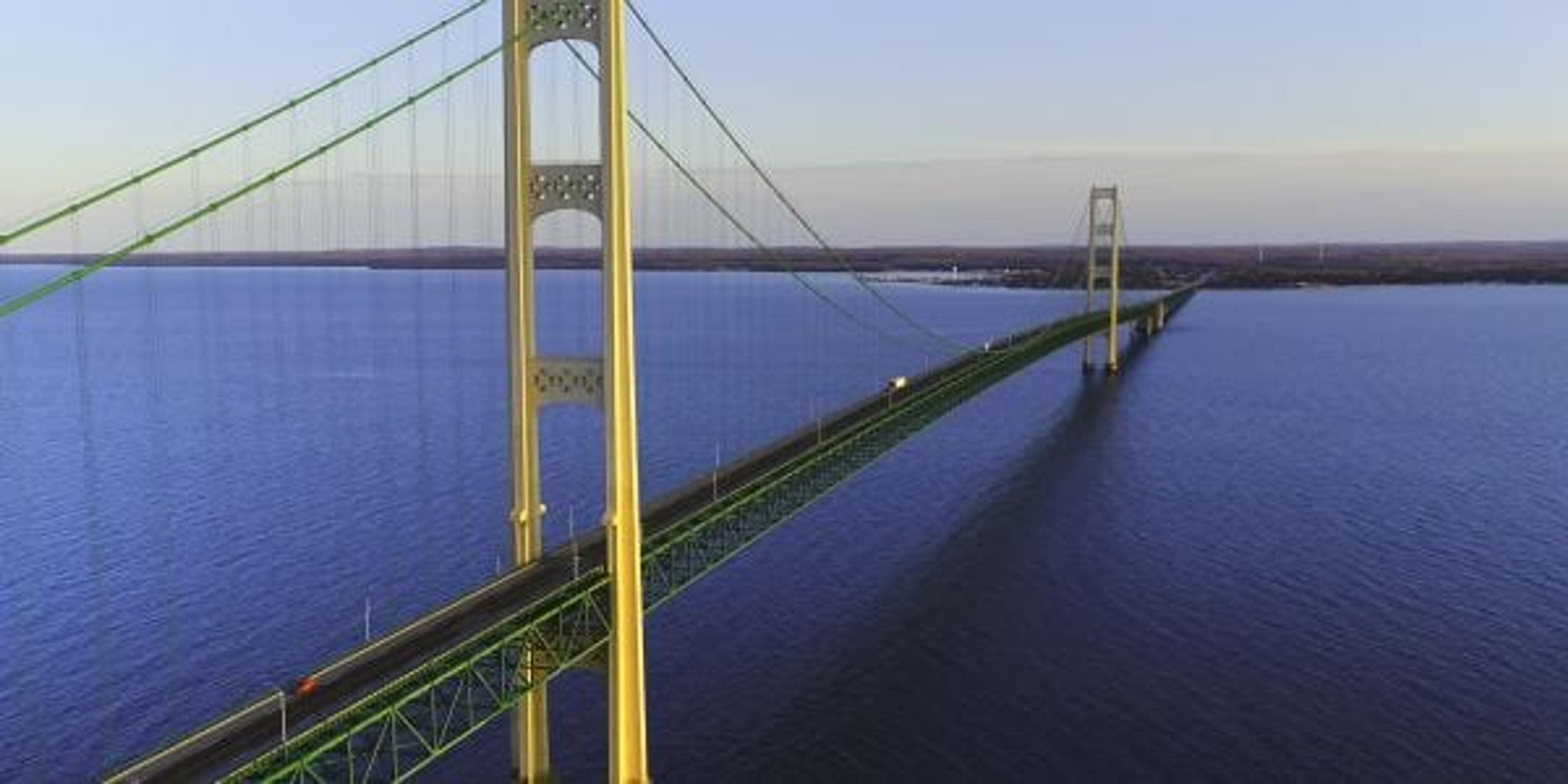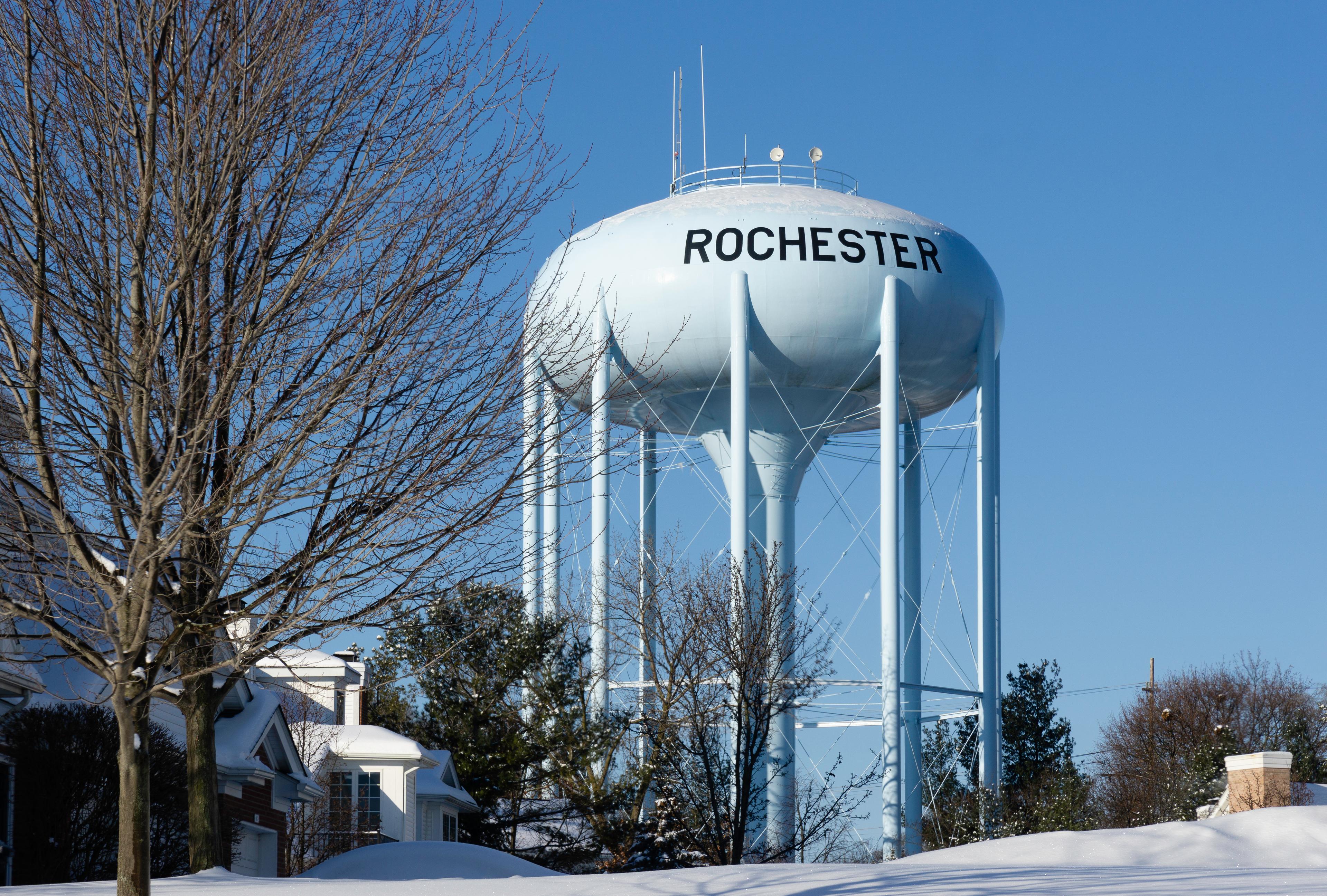From ‘Yooper’ to ‘Mackinac’: Understanding Michigan-isms
Mari delaGarza
| 4 min read

Back in 2007, I was preparing for my daughter’s first birthday party and wanted to buy the prerequisite pink balloons, plates and other party favors with “1” on them. Being a new Michigan resident, I racked my brain and asked myself, “Where’s the closest party supply store?” Then I remembered the place down the street was called a “party store.”
Perfect! Surely, I’d find party supplies at a party store.
But when I entered the store, I was surprised to be greeted with rows and rows of liquor. After I wandered the party store for a few minutes, I asked the clerk which aisle contained the party decorations. He laughed and then told me I should go to Party City.
I learned the hard way that a party store is for adult parties, not a kid’s party. This was my first introduction into Michigan-isms. Below are some terms and places unique to Michigan and the Midwest.
Yooper
When I first saw the word Yooper in the newspaper, I thought it was a blooper. A friend explained that it was a nickname for people who live in the Upper Peninsula. So, what’s the origin of the word Yooper? The word was first published in Aug. 5, 1979.
The Escanaba Daily Press held a contest for people to come up with the best word to describe residents of Michigan’s Upper Peninsula. Brett Crawford, of Bark River, is credited with submitting the term Yooper to the newspaper, according to upsupply.co.
Yooper is a combination of U.P. plus er.
Pop vs. soda
I grew up referring to sweet, carbonated beverages as “sodas.” And, when I lived in Texas, I heard people call them “Coke,” whether the drink was a Dr Pepper, Mountain Dew or Pepsi. So, when I moved to Michigan, I wasn’t surprised by the strange looks or “You must not be from here” comments when I used the word “soda” instead of “pop.”
But where did the term “pop” come from? After some research on the internet, I discovered that the consensus is that “pop” originated from the sound a carboned beverage makes when it’s opened.
Mackinac vs. Mackinaw
The French named the territory Mackinac (pronounced Mack-in-aw). When the British took over they territory, they spelled it phonetically — Mackinaw. Only Mackinaw City uses the British spelling; the rest are spelled with the “c” at the end — Mackinac Bridge, Mackinac Island and Mackinac Straits.
Sault Ste. Marie
On my first trip to the Upper Peninsula, we stayed in Sault Ste. Marie. When I told friends where I was staying — “Salt Saint Marie” — they laughed. Then, a few minutes later, they explained that it’s pronounced “Sue Saint Marie.”
Here’s the origin of the name. In 1668, Father Jacques Marquette, a French Jesuit missionary, named the U.P. city “Sault de Sainte Marie.” Sainte Marie is a nod to Mary, mother of Jesus. It’s “Sainte” instead of “Saint” because of Mary’s gender. “Sault” is “rapids” in French. So the name translated is “the rapids of Saint Mary.”
The Mitten State
After moving to Michigan in June 2006, I quickly learned about the everyman map of Michigan’s Lower Peninsula — the hand — which co-workers used to show me where they were spending their vacations. That’s why Michigan is called “the Mitten State.”
When did this nickname begin? The first mention of Michigan as “the Mitten State” appears in the Michigan State Cyclopedia published in 1901, according to an article on michiganradio.org.
In 2011, Wisconsin caused an uproar when it used a mitten in its travel ads.
By the way, Michigan’s inclusive (Upper and Lower Peninsula) nickname is “the Great Lakes State.”
Michigander vs. Michiganian
In 2017, the Michigan Legislature settled the Michigander vs. Michiganian argument (at least for some). The state Legislature made “Michigander” the official term for residents of Michigan. According to an article by the Detroit Free Press, former Gov. Rick Snyder preferred the term Michigander, while former Govs. Jim Blanchard, John Engler and Jennifer Granholm favored Michiganian.
Where did the term Michigander originate? President Abraham Lincoln is credited with coining the term while attacking Michigan Gov. Lewis Cass in 1848.
What are your favorite Michigan-isms? Share them with us in the comments.
Like this post? Check these out:
Photo credit: James Brey





